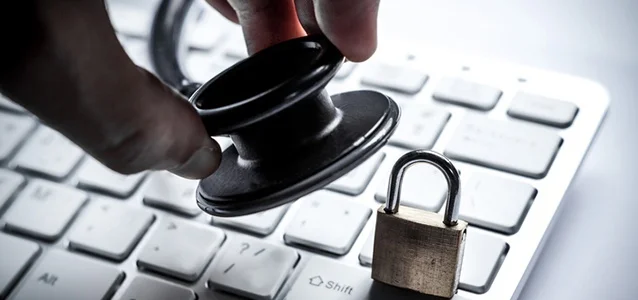Small- and medium-sized businesses (SMBs) are the prime target for attackers because they tend to be easier targets. They’re often less secure and unprepared for attack. Think about burglars that go after houses where they know no one is home. With more cybercrime automation and the rise of hacking kits, the cost and time it takes to launch a successful attack have decreased, increasing the amount of cyber-attacks executed.
You, like many SMBs, may not think you are a target.
82 percent of SMBs say they’re not targets for attacks as they don’t have anything worth stealing (Towergate Insurance).
However, 55 percent of SMB respondents have experienced a cyber-attack in the past year, and another 50 percent have experienced a data breach involving customer and employee information (2016 State of SMB Cybersecurity).
You may underestimate the value of your information.
It doesn’t always seem like it, but every business has data worth stealing. Did you know that the average cost per lost or stolen record is $158? It may not seem like a lot, but this number grows quickly once these records are stolen by the hundreds (Cost of Data Breach Study).
This means you might not be prepared to defend yourself.
Did you know that 79 percent of small businesses do not have an incident response plan? Without one, you may never be able to fully recover when a security incident becomes a reality (Nationwide Cyber Security Survey).
However, the consequences are significant and often business-crippling.
An IBM and Poneman Institute study found that the average cost of a data breach has increased to a staggering $3.79 million (Cost of Data Breach Study).
Similarly, 60 percent of companies that lose their data due to an attack or disaster will shut down within six months (Boston Computing Network).
Work with an MSP to receive the data protection you need.
Invest in an outsourced cybersecurity solution to protect against the expanding cyber threat landscape, and mitigate damages inflicted upon your business. Gain the expertise, technology and support you may be lacking, and grow your IT budget without growing your payroll.





